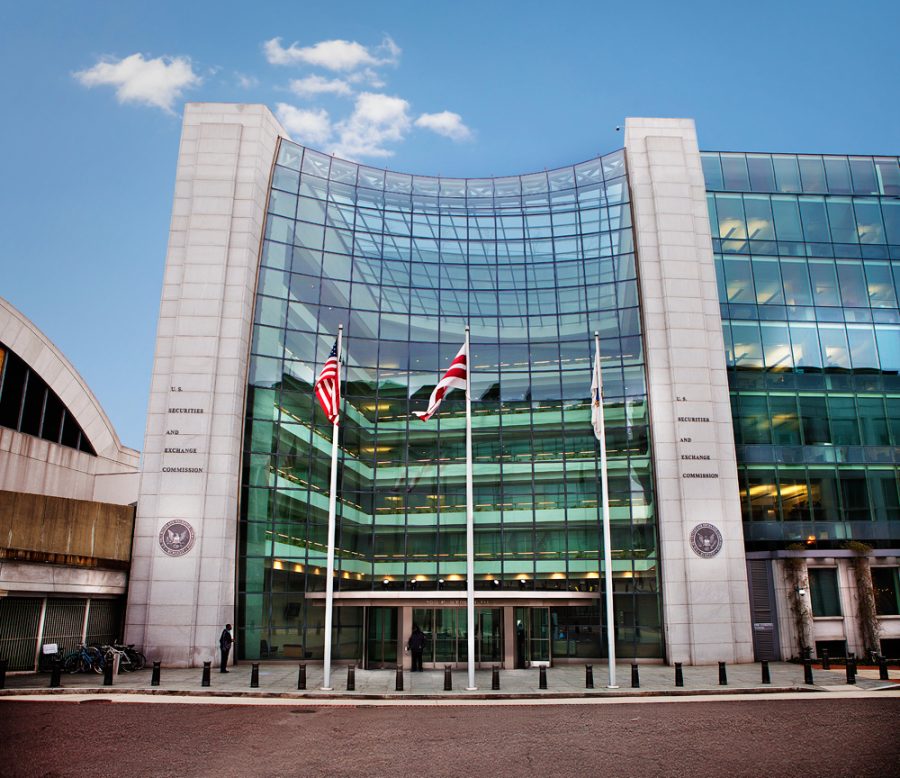SEC probes financial executives over block trades
March 4, 2022
The Securities and Exchange Commission is probing whether or not executives in finance broke the rules in regards to blocking trading.
A block trade is a large volume of a transaction of securities that are privately negotiated and performed outside the market. They usually take place when a company’s shareholders want to sell many stocks at once.
The numbers behind the block trade transactions have made many scrutinize banks and hedge funds, claiming that they are unfairly profiting at the expense of institutional sellers and retail buyers.
It is believed that traders are misusing confidential information by telling favored clients of sales before they go public and unfairly profiting by shorting sales with the expectation that prices will decrease.
Shorting is when investors sell the borrowed stock and then buy it for a cheaper price, profiting off the difference.
Additionally, the practice of talking with buyers and allowing traders to trade on the information, which is also known as wall-crossing, is a risky practice.
The SEC plans to investigate block trades from 2019 and has requested several trading records from banks, including Morgan Stanley and Goldman Sachs Group Inc.
It has subpoenaed the two banks and asked for trading records and communication about investors’ communication with bankers.
These claims recently reached Morgan Stanley in China, and the branch was asked by the China Securities Regulatory Commission for additional information on its block trades. So far, Morgan Stanley has declined to comment.
While it seems rationally wrong, the rules surrounding block trading and the sharing of information is relatively blurry. This makes it difficult to point to the exact issues.
Experts are investigating whether or not bankers improperly alerted favored clients before the trades were made public, and if this information benefited the funds.
This is not the first time such allegations unfolded on Wall Street. In 2005, brokers at Merrill Lynch & Co. and Lehman Brothers Holdings Inc. were accused of allowing day traders to listen to big markets orders and profit by trading early.
The Department of Justice is also looking over the issue.
Credit Suisse seemed fond of the news because it was recently seen helping the DOJ file a case against the rivals Morgan Stanley and Goldman Sachs, according to Reuters.
Block trades are a growing business on Wall Street, with $70 billion being made off of them in the United States in 2021, and they don’t appear to be slowing any time soon.
The practice’s expansion over the years is attributed to an increase in initial public offerings and secondary offerings. Many companies are now turning to block trades for efficiency and have less of an impact on stock price rather than follow-on offerings.
Although none of the allegations have been confirmed, considering the vastly growing usage of block trades, it might be time to construct clear and fine rules so things don’t begin spiraling downhill.







